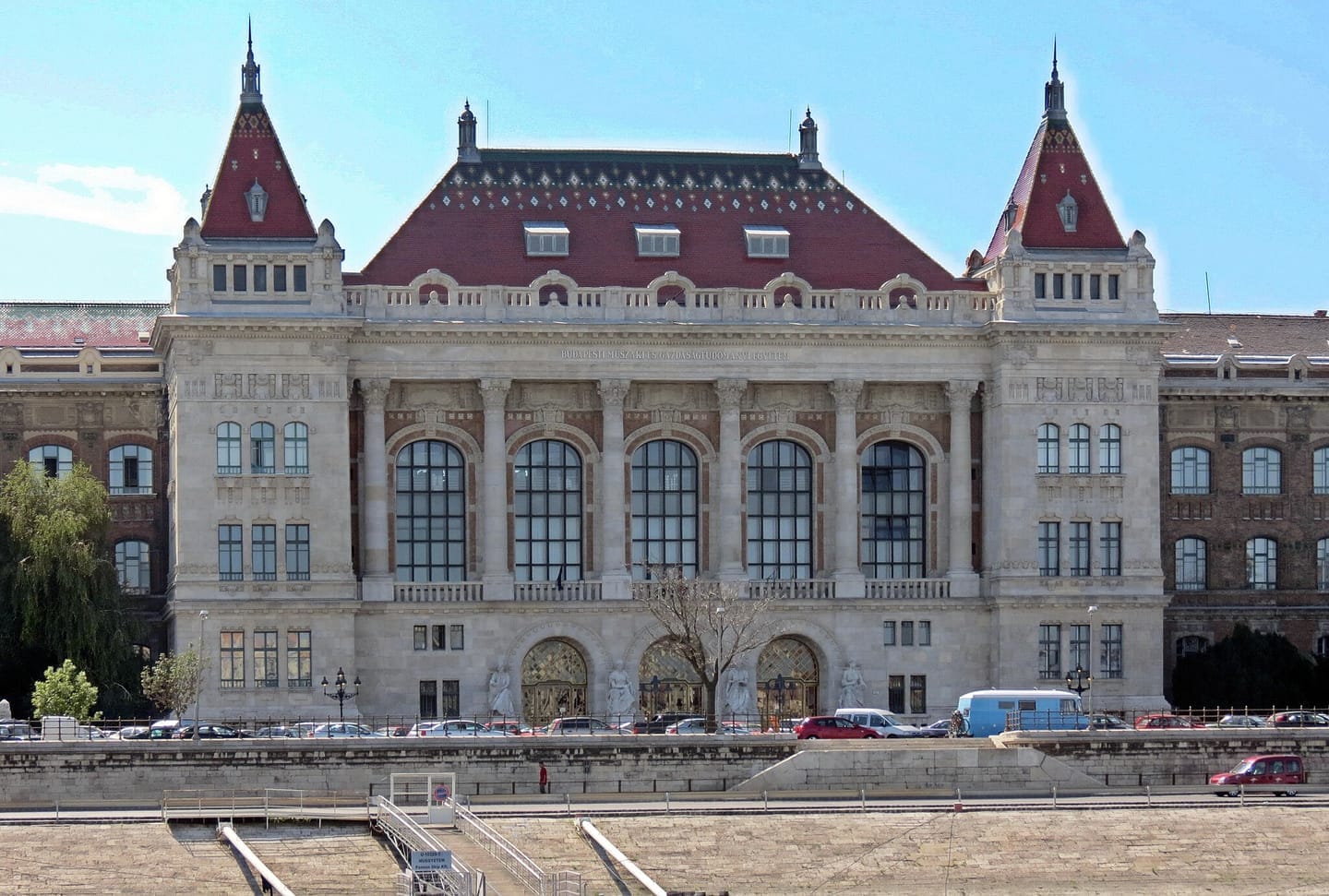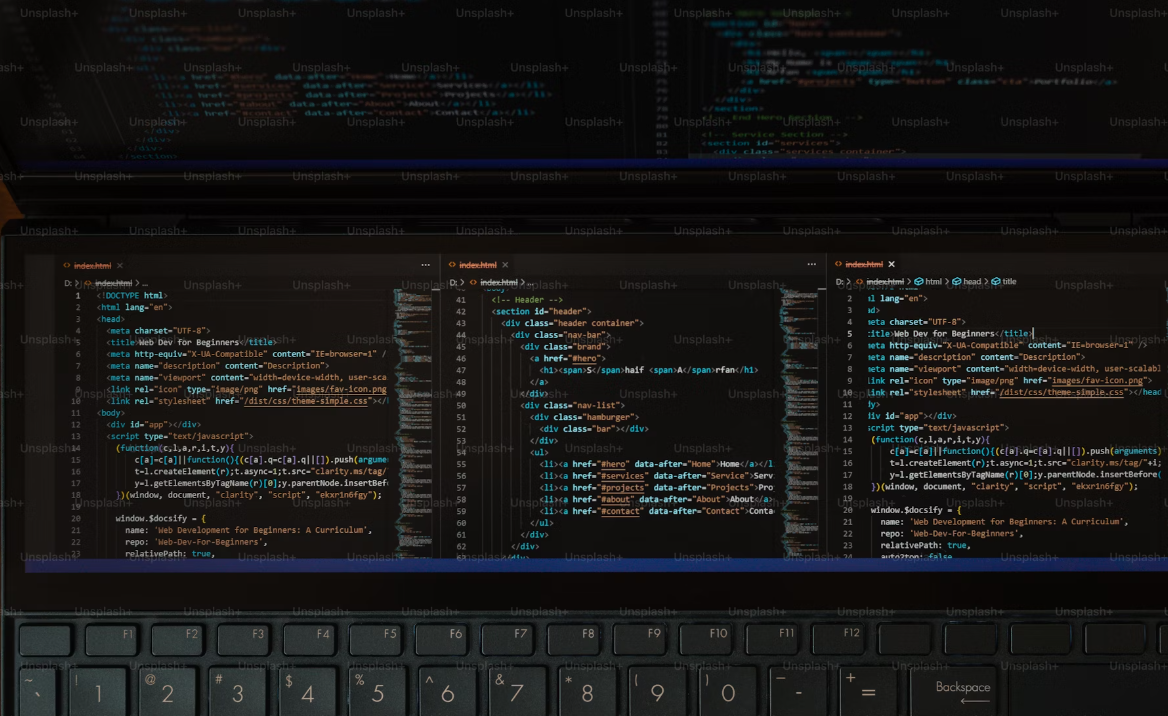Hungary Among First to Connect to Europe's Most Powerful Supercomputer Through AI Factory Antenna
The European Commission announced on 13 October 2025 the launch of the AI Factory Antenna network in seven Member States—Belgium, Cyprus, Hungary, Ireland, Latvia, Malta, and Slovakia—and in partner countries including Iceland, Moldova, Switzerland, the United Kingdom, North Macedonia, and Serbia. The Antenna sites will collaborate closely with













